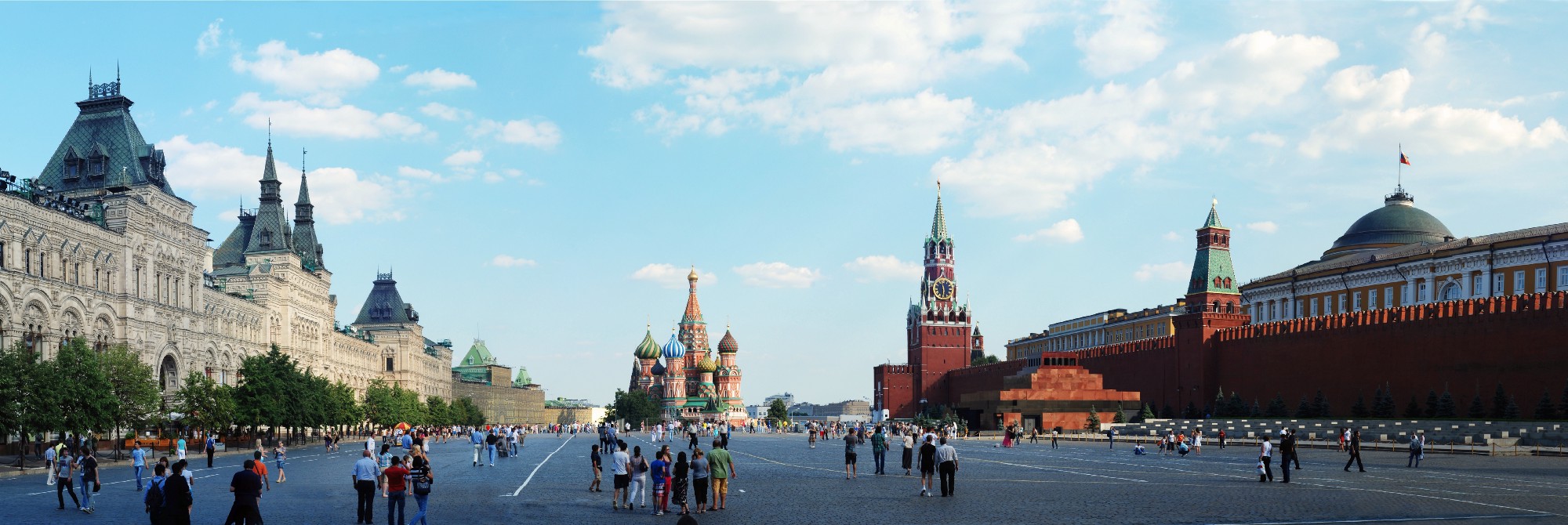What is digital diplomacy according to Russian President Vladimir Putin and the Russian Foreign Ministry?
“We are not participating in ‘Twitter-diplomacy’,” Russian Presidential Spokesman Dmitry Peskov told reporters on April 11 in response to a tweet posted by US President Donald Trump.
Earlier in the day, Russian President Vladimir Putin, addressing newly accredited ambassadors, didn’t mentioned Twitter diplomacy specifically, but explained how he views diplomacy:
“Today, the role of diplomacy and the diplomat has taken on special significance. Indeed, the state of affairs in the world is a cause for concern,” Putin said. “The situation in the world is becoming more chaotic, nevertheless we still hope that common sense will eventually prevail, and that international relations will take a constructive course, and the entire world system will become more stable and predictable.”
He continued: “Diplomacy includes a wide field of activity; its hallmark is the development of optimal solutions based on a balance of interests. Diplomats try to facilitate a collegial search for answers to large-scale challenges and threats, such as terrorism, drug trafficking, organised crime, the proliferation of weapons of mass destruction and climate change.”
Presentation of foreign ambassadors’ letters of credence
Vladimir Putin received the credentials of a number of foreign ambassadors in Alexander Hall of the Grand Kremlin…
en.kremlin.ru
The following day, answering a question on social media diplomacy, Maria Zakharova, spokesperson of the Russian Foreign Ministry, said during a briefing with journalists: “The way US President Donald Trump communicates with his people is an issue for the US community, not the Russian Federation. They have chosen their president, and he has found a method of communication which he believes is appropriate for the media and American citizens. This is not our affair.”
Maria Zakharova, spokesperson of the Russian Foreign Ministry, April 12, 2018. Credits: Russian Foreign Ministry.
She continued: “We understand that the growth in social networks and their increasing popularity means information will be spread via these channels. The strange thing is, as social networks grow larger and more popular, and play a greater role in digital diplomacy, leading western powers make a U-turn in their attitude towards these networks. Just five years ago, we were told that social networks were new media and had the same rights as the press and journalists, and the blogger was a journalist and there was no doubt about this. We said that if this was the case, we needed to raise the question of responsibility. We are not against it, but it is a question of responsibility. The media has its rules, the main one being to confirm and distribute the information it is responsible for. We were told that our position would restrict freedom of speech.”
Zakharova, who’s very active on Facebook, where she had already responded to the same tweet by Trump, explained during the briefing that “The situation today is exactly the opposite.” She said: “London, Paris and Berlin are rushing to adopt very strict regulations on social networks and attempting to bring them under some kind of legal control.”
“Another curious trend is that social networks are getting more attention from government agencies and special services, in particular, in the United States,” she continued. “You have all heard about the meetings, resembling interrogations, with Mark Zuckerberg and how his company was pressurised to take appropriate measures. We have read about this in the media and we have seen the efforts the company made. It is obvious these steps were taken to save themselves from further pressure from special services, which are really embedded in the activities of social networks in the United States.”
We are well aware that social networks are mass communication media with enormous reach, where, of course, security issues and antiterrorism efforts must be taken into consideration. Spreading such information via social networks must be prevented.
Zakharova concluded: “We understand that we must differentiate between these two areas: preventing the use of social media by terrorists and militants, on the one hand, and preserving a possibility for people to spread information and communicate freely, because they do not yet feel these boundaries on the internet, on the other.”
On April 16, in an interview with BBC HartTalk, Foreign Minister Sergey Lavrov was asked: “as Foreign Minister of Russia when you wake up in the morning and you read on Twitter the words of the United States President and the Commander-in-Chief saying in essence: Get ready Russia; our nice, new, smart missiles are coming — what do you make of that?”
He answered: “Well, I make of that that the President of the United States writes his tweet.”
The interviewer continued: “And your response to those tweets is?”
Lavrov said: “Well, the proof of the pudding is in the eating, as you know. So, we waited for these smart new — what else was there? — nice missiles to be used at the attack and we calculated that two thirds of them did not reach their target because they were intercepted.”
Earlier in the interview he stated, in regards of intelligence collected in Syria, that he “cannot be impolite with the heads of other states — and of course I cannot be impolite to the head of my state — but you quoted the leaders of France and UK and the United States and, frankly speaking, all the evidence which they quoted was based on the media reports and on social networks.”
https://medium.com/digital-diplomacy/russia-explains-twitter-diplomacy-54f2332e4d44








